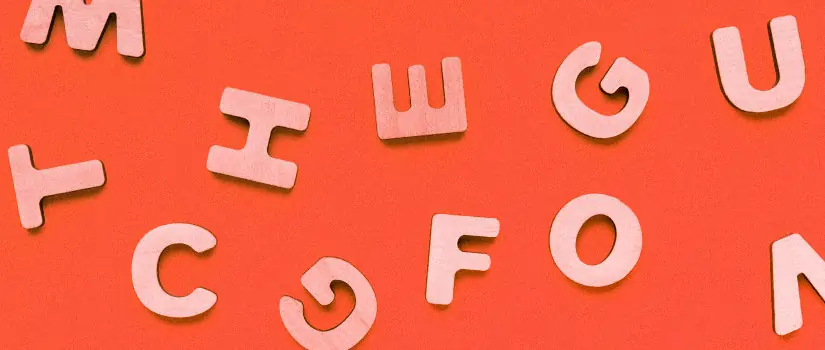Do you walk toward or towards your future?
When discussing paint should we use color or colour?
Are movies watched in a theatre or theater?
Believe it or not, the answers to these questions have nothing to do with grammar and everything to do with geography.
If grammar is still on your mind, try our BibMe Plus paper checker and spot potential grammar and plagiarism issues. After that, build your knowledge with our guides on adjectives, what is a verb, what intensive and reflexive pronouns are, and other grammar topics.
Where do you pledge your allegiance?
Do you want to spell like an American or a Brit? The simple difference between all of our example words is spelling. The spelling on the left is mostly used in the United States and Canada while the spelling on the right is dominant in Britain and countries that are former British colonies. The meaning and grammatical use of the words do not change.
Spelling revolution
If Americans and Brits speak the same language, why is the spelling different? The United States is a country created through revolution. The battle to separate from Britain was both physical and cultural. Noah Webster, the author of the first American dictionary and some of the first American school books, believed that English words should look more like the way they sound. This is different from British English which derives its spellings from other languages like Latin, French or Greek.
Example:
- American check
- British cheque
- French cheque
How to remember the difference between English and English
As we mentioned, the U.S. version of a word should look more like the way it sounds, while British English words are often longer and more complex, but there are also some easy to spot patterns between the two countries.
Ize vs. Ise
The “ize” ending is typically used in America and “ise” in Britain
Examples:
- civilization vs. civilisation
- realize vs. realise
Nse vs. Nce
Americans most often use “nse” while Brits use “nce”
Examples:
- offense vs. offence
- license vs. licence
Er vs. Re
When Americans write “er” Brits go with “re”
Examples:
- center vs. centre
- liter vs. litre
-Or vs.-Our
Americans like to keep it short and sweet which makes the “or” vs. “our” ending easy to remember
Examples:
- labor vs. labour
- neighbor vs. neighbour
The Double “L”
When Americans add a suffix to the end of verbs ending in the letter “L” the single “L” is used while the Brits maintain the traditional double “L”
Examples:
- fueled vs. fuelled
- traveled vs. travelled
Which spelling should I use?
In order to be understood, it is best to choose the dominant spelling style of the people you are writing for. If your audience is British, you’ll write towards instead of toward. Once you choose one style over the other, stick to it. Consistency is the most important factor in a single document.
Tip: Most automatic spell checks on phones and computer programs allow you to select between British or American English
There are several words that changed their style when they crossed the Atlantic ocean. Now all you have to do is figure out which is your flavor or is it flavour?
Create MLA citations like the ones below at BibMe.org. Need another style? Choose from APA format, Chicago style format, Harvard, and thousands of other styles.
Works Cited
Fogarty, Mignon. “Why Are British English and American English Different?” Quick and Dirty Tips, 3 July 2009,www.quickanddirtytips.com/education/grammar/why-are-british-english-and-american-english-different.
Fogarty, Mignon. “Why We Have Both ‘Color’ and ‘Colour.’” Quick and Dirty Tips, 14 Sept. 2012, www.quickanddirtytips.com/education/grammar/why-we-have-both-color-and-colour.
“Important American And British Spelling Differences You Should Know.” Spreeder, 8 June 2015, www.spreeder.com/important-american-and-british-spelling-differences-you-should-know-2/.

